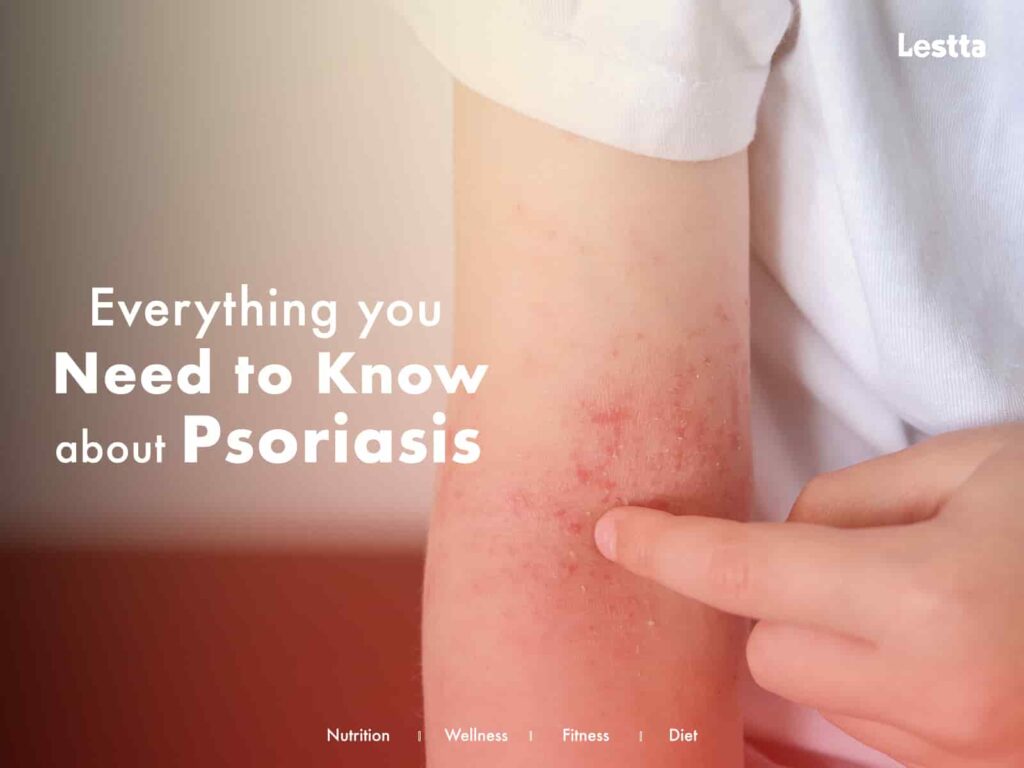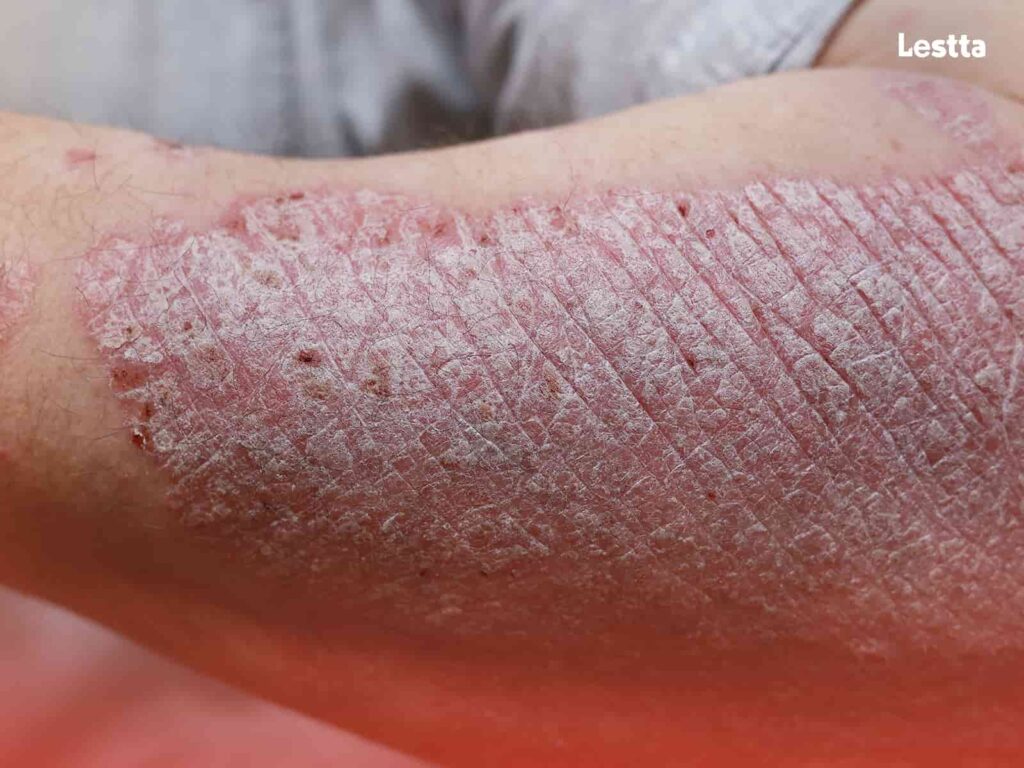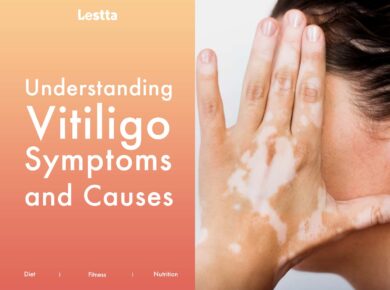
Psoriasis is a chronic skin condition that affects millions of people worldwide. Understanding the causes, symptoms, and available treatments for it is essential. Specially, for those living with the condition and those seeking to support their loved ones. In this article, we’ll delve into everything you need to know about it.
What is it?

Psoriasis is an autoimmune disorder that causes the skin cells to multiply faster than normal, resulting in the formation of thick, scaly patches. These patches, known as plaques, can appear on various parts of the body, including the elbows, knees, scalp, and lower back.
While the exact cause of it is not fully understood, it is believed to involve a combination of genetic and environmental factors.
Symptoms and Types

- Plaque Psoriasis: The most common type, characterized by raised, red patches covered with silvery scales.
- Guttate Psoriasis: Small, dot-like lesions often triggered by bacterial or viral infections.
- Inverse Psoriasis: Affects skin folds, such as under the breasts, in the groin area, or around the armpits, causing smooth, red patches.
- Pustular Psoriasis: Presents as pus-filled blisters surrounded by red skin, often triggered by medications or infection.
- Erythrodermic Psoriasis: Rare but severe, it covers large areas of the body with fiery redness and shedding of scales.
Managing this condition

- Topical Treatments: Creams, ointments, and lotions containing corticosteroids, vitamin D analogs, and other ingredients can help reduce inflammation and scaling.
- Phototherapy: Controlled exposure to ultraviolet light (UVB) can slow down the excessive skin cell growth seen in psoriasis.
- Systemic Medications: For more severe cases, oral or injectable medications that target the immune system and reduce inflammation may be prescribed.
- Lifestyle Modifications: Maintaining a healthy lifestyle with a balanced diet, regular exercise, and stress management can help manage its symptoms.
- Avoiding Triggers: Identifying and avoiding triggers, such as certain medications, infections, and stress, can help prevent flare-ups.
Psychosocial Impact

Beyond the physical symptoms, psoriasis can have a significant psychosocial impact. The visible nature of the condition may lead to feelings of self-consciousness, social isolation, and reduced self-esteem.
Seeking support from healthcare professionals, support groups, and loved ones can play a crucial role in managing the emotional challenges associated with psoriasis.
Conclusion
Psoriasis is a complex skin condition that requires a comprehensive understanding of its causes, symptoms, and treatment options. While it may pose challenges, a combination of medical treatments, lifestyle adjustments, and emotional support can significantly improve the quality of life for those living with it.








